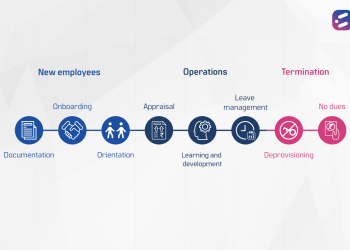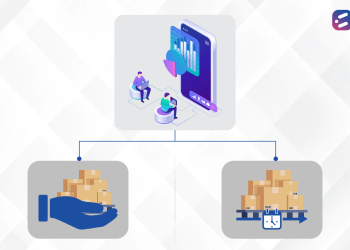If you’re attempting to choose a tech partner – without knowing tech – this can be daunting. After all, you don’t really understand the lingo or what they are doing. How do you make an informed decision? Is it safe to trust a third party to evaluate the person? Can you really trust that evaluation, even if it is made honestly? After all, there are a lot of aspects to a project – management, cost, speed, technology – and what suited your friend may not suit you
So what do you look for?
References and testimonials
If you have received the contact through a referral, speak to the person who referred them for a detailed review. Remember that not all referrals are equal. You may receive a contact from someone who has worked with the agency and been delighted by the experience, or from someone whose relative owns a software development firm. Clearly, the former is better placed to give you an informed opinion of the quality of work done.
That doesn’t mean that you should reject a partner based on the source of your referral. Regardless of how you came across the agency being evaluated, request client references and testimonials from your prospective agencies. Follow up on them. Especially request references and testimonials of clients whose projects are similar to yours.
Past projects
The best way to tell if a person is technically sound is to check their history. Ask for references – they don’t need to pertain to your industry, but to the functionality you want.
For instance, if you are planning to retail clothes online, look for developers with experience having made e-commerce sites in the past – or more specifically, a website with payment gateway, shopping cart and analytics – regardless of whether the site sells clothes, groceries or anything else.
Frontend usage can look quite different from backend functionality, but it’s experience with the functionality that matters when selecting your partner. Your partner’s ability to explain this to you is important.
Project management processes and tools
When evaluating your tech partner, ask for their approach. How will they onboard the project? What tools do they use? Who are the stakeholders? Ask them to show you, for example, how they manage their Agile Scrum team using Jira or any other project management planning (PMP) tool they use.
Companies who have done development work in the past will almost definitely have such project management processes in place. It’s important to ask them to visually demonstrate competence in Jira, or whichever other PMP tool they prefer.
The agency also need frameworks to manage projects. Agile Scrum methodology is the most efficient and popular in software development, with certain ceremonies of Agile Scrum (like standups, product backlog, backlog grooming, sprints) extending into operations management as well. Your partner should have a complete competency in Agile Scrum frameworks and should be able to demonstrate how they have applied it to other projects.
Artefacts produced
Check what artefacts the agency produces on a regular basis when developing software. Examine samples of their user story documents and technical design documents, which are produced to define architecture and functionality.
These serve as a reference point for the client, and also as a blueprint for further maintenance and development. Your tech partner should have a clear cut process through which these documents are prepared and maintained.
Communication and transparency
Communication is always key. You are working together on a technical subject and you may not fully understand the jargon. The partner’s ability to communicate in a way that you and your team understand is very important.
There is inevitably a lot of up and down that happens during the development process. Without comprehensive, transparent communication, finger pointing becomes a major problem. Eliminate the ‘he said/she said’ problem by bringing in a process that can be relied on. Confirmation that the agency follows a strict format for minuting meetings, and publishes this along with Agile Scrum ceremonies in a shared repository for both sides to refer to, is vital.
Third-party evaluation
You can also consider using third-party evaluators and consultants, such as TechEmpower, to help you evaluate and certify your tech partner agency.
There are no guarantees when it comes to selecting a tech partner. These suggestions, however, are a great place to start. If your partner has a proven track record, strong credentials, in-depth knowledge of the tech they’re working with, commitment to processes, documentation and transparency – as CloudNow does – you can’t go too far wrong!
Evaluating development firms to select your new tech partner? Do allow us to present our credentials. Contact us for a conversation and let’s get started today!













